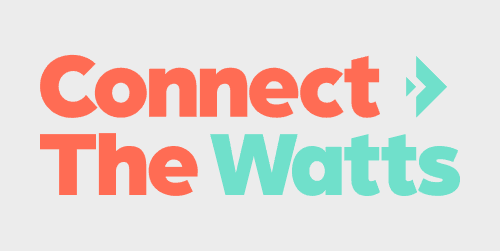
Dara Treseder, head of global marketing and communications at Peloton, recently spoke about transcending connected home fitness. Now an established brand with a bustling group of members, Peloton is focused on building a culture around its fitness community.
In a recent interview with TL Stanley at Adweek, Treseder spoke about how Peloton has made efforts to pivot its messaging to members. When Peloton was founded nearly a decade ago, it had to educate consumers about what connected fitness was. With over 1.6 million subscribers to date and multiple competitors, consumers are now well versed in home fitness tech. Treseder admits:
Now it has been a natural evolution to talk more about the community and elevate it at the full-fledged campaign level.
Treseder cites Peloton’s previous fall campaign, “We All Have Our Reasons,” as an example of this spotlight shift on members rather than products. The campaign gave everyday subscribers to opportunity to share who they use Peloton in their daily fitness routines. Furthermore, the campaign showcased the growing community and how people work out and compete with one another. The head of marketing explains:
It’s not a competitive thing in a negative way; it’s about collaboration; Even though you’re exercising from the comfort of your home, you’re not doing it alone. You’re part of a community. That community supports you, helps you stay active and stay connected.
These natural shifts are evidence of Peloton’s focus on prioritizing its community of subscribers over everything.
The Peloton community embraces diversity
The COVID-19 pandemic limited most people to the safety of their homes, causing a massive spike in sales for Peloton and other home fitness brands. Aside from working out at home, people were glued to the news and exposed to systematic racism that still exists today.
This magnified glass on culture has sparked a demand for change that’s embraced by the Peloton community. Dara Treseder offers great insight to Adweek:
Connection to culture for us is something we do intentionally and authentically. It’s not enough to just talk about diversity. It’s a commitment to anti-racism: What are the things we’re going to do to be truly anti-racist? Cultural marketing is not something that sits in a silo over here — it’s something that’s infused into all we do.
Peloton is certainly doing all it can, too. For Black History Month, it shared an entire video of the past year’s efforts in tackling racism. The connected fitness brand’s quest for diversity and inclusion only begins at the recruitment level for subscribers and instructors. What is more important is retention. Treseder stated that Peloton has less interest in people who fit into the existing culture. Instead, the company wants to engage people who will bring a new perspective or idea to Peloton. This will help the Peloton community become stronger and more diverse than it already is.
Peloton and its staff remain committed to confronting racism from within its community and outward. Treseder states:
It cannot be a flash in the pan. It’s got to be consistent, it’s got to be real and it’s got to be infused in everything you do.
FTC: We use income earning auto affiliate links. More.



Comments